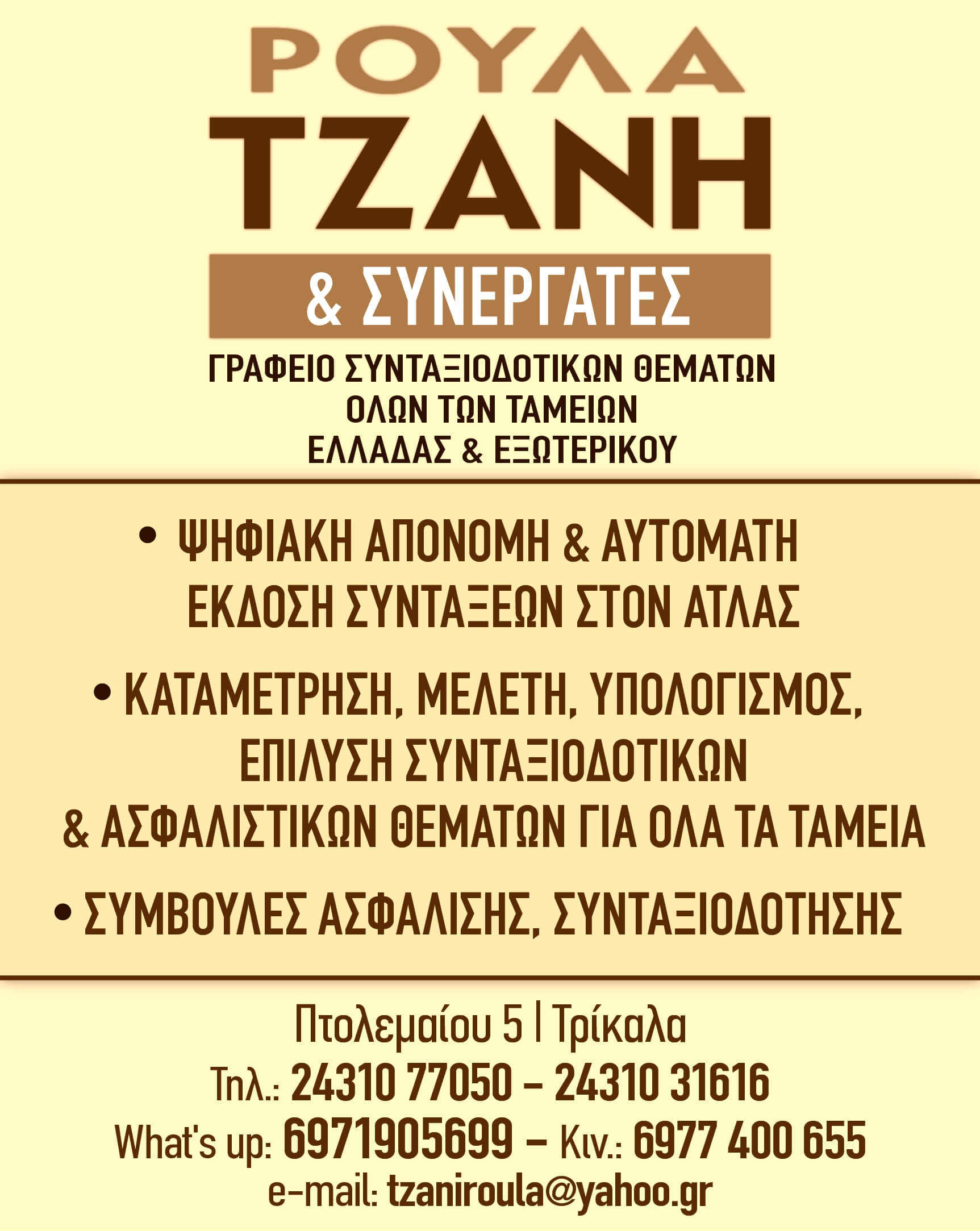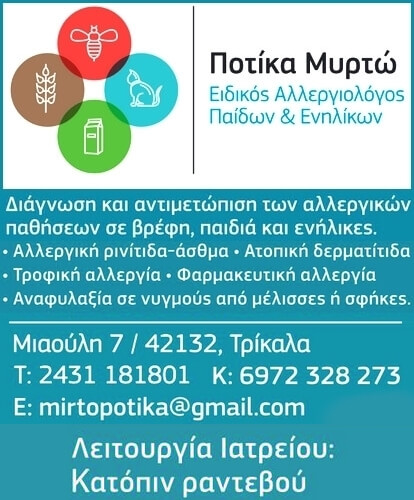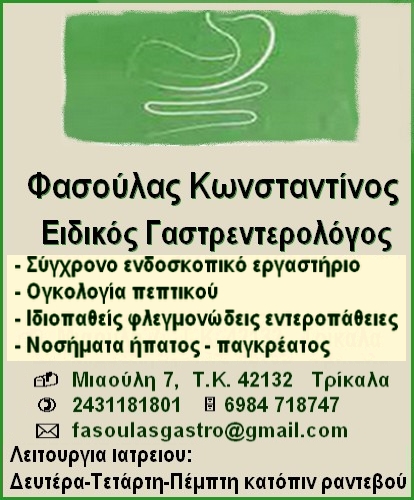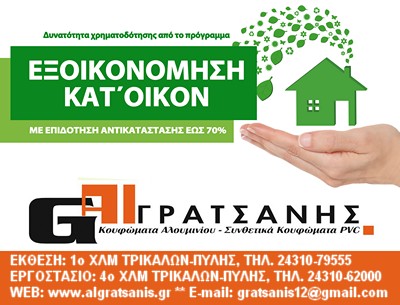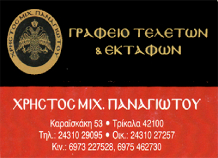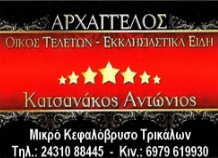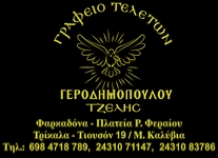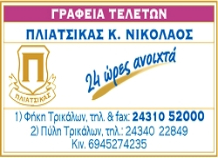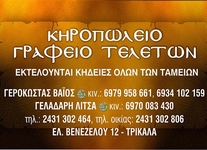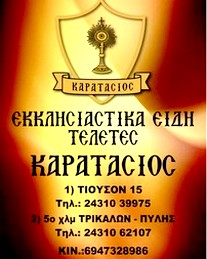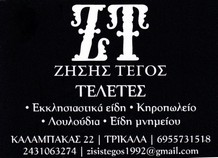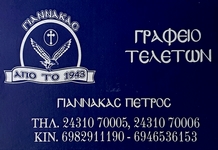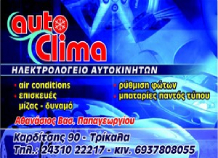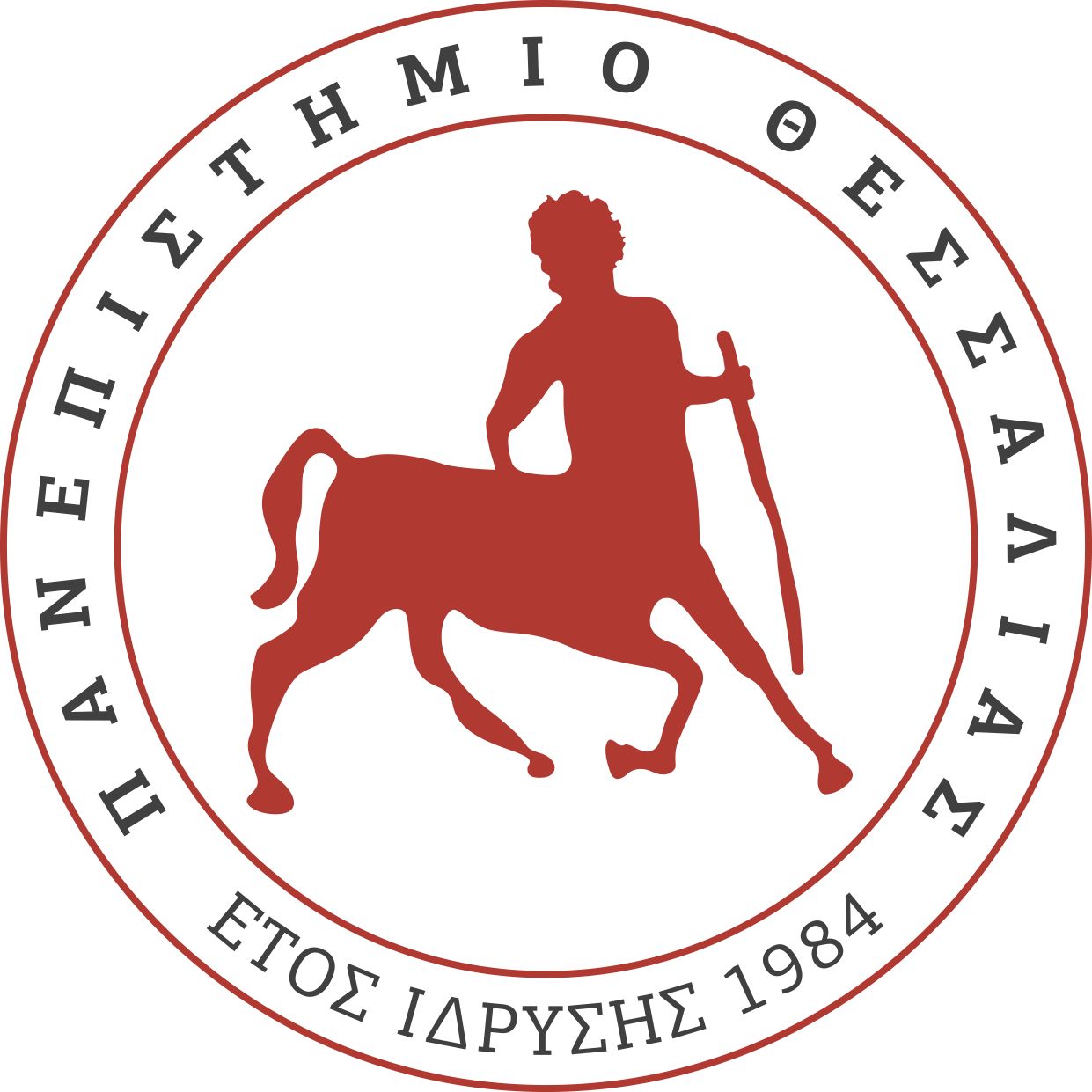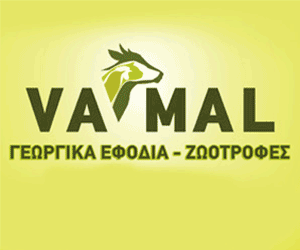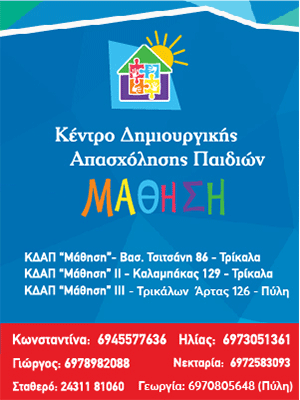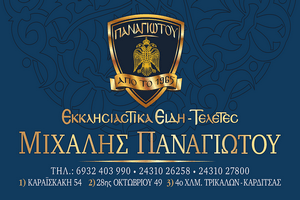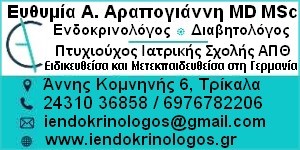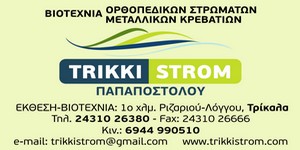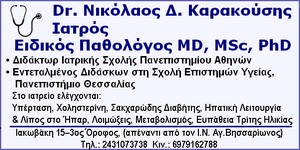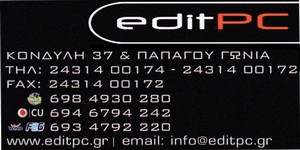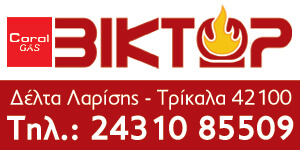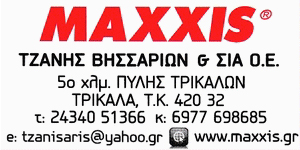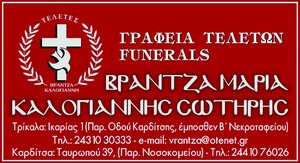Το Τμήμα Ηλεκτρολόγων Μηχανικών και Μηχανικών Υπολογιστών του Πανεπιστημίου Θεσσαλίας διοργανώνει διαδικτυακό φόρουμ για την έναρξη της συνεργασίας του με το Αυστραλιανό ερευνητικό κέντρο SmartSat CRC , η οποία θα διεξαχθεί την Τετάρτη 15 Δεκεμβρίου 2021 και ώρα 11.00-13.00, στα Αγγλικά στο σύνδεσμο:
Διοργανωτές
Ασπασία Δασκαλοπούλου (aspassia@uth.gr) και Στηβ Μπακάλης (steve.bakalis@gmail.com)
To φόρουμ απευθύνεται σε μέλη ΔΕΠ, ερευνητές, μεταδιδακτορικούς ερευνητές, υποψήφιους διδάκτορες, μεταπτυχιακούς φοιτητές και τελειόφοιτους προπτυχιακούς φοιτητές, όχι μόνο του Τμήματος και όχι μόνο του Πανεπιστημίου Θεσσαλίας, αλλά και στην ευρύτερη επιχειρηματική κοινότητα, με σκοπό την ενημέρωση σχετικά με τις δυνατότητες για συνέργειες με το SmartSat CRC.
Το Τμήμα Ηλεκτρολόγων Μηχανικών και Μηχανικών Υπολογιστών (ΗΜΜΥ) του Πανεπιστημίου Θεσσαλίας , ξεκινά συνεργασία με το ερευνητικό κέντρο SmartSat CRC στην Αυστραλία. Το SmartSat CRC, αριθμώντας περίπου 130 εταίρους, είναι η μεγαλύτερη στην ιστορία της Αυστραλίας κοινοπραξία μεταξύ πανεπιστημίων, ερευνητικών κέντρων και βιομηχανίας. Η κύρια αποστολή του είναι η έρευνα και η ανάπτυξη τεχνολογίας για το διάστημα, αλλά τα ερευνητικά πεδία είναι, ως γνωστόν, συγκοινωνούντα δοχεία: πολλές εξειδικευμένες περιοχές έρευνας υποστηρίζουν την κεντρική δραστηριότητα του SmartSat CRC, και ταυτόχρονα πολλά παράγωγα αυτής της έρευνας μπορούν να αξιοποιηθούν σε πλείστες άλλες περιοχές εφαρμογών.
Στοχευμένη ερευνητική δραστηριότητα του SmartSat CRC που περιλαμβάνει, μεταξύ άλλων, τις προηγμένες τηλεπικοινωνίες και τα δίκτυα υπολογιστών, τα προηγμένα δορυφορικά συστήματα, τα δίκτυα αισθητήρων, την τεχνητή νοημοσύνη, τη συλλογή και αξιοποίηση μεγάλου όγκου δεδομένων παρατήρησης της γης από το διάστημα, θα συνδεθεί με το επιστημονικό δυναμικό και την ερευνητική δραστηριότητα του Τμήματος ΗΜΜΥ σε αντίστοιχες και συμπληρωματικές περιοχές, ώστε να ενισχυθεί η δημιουργία κρίσιμης μάζας γνώσης και τεχνολογίας και να παραχθούν εφαρμογές, τόσο ενδιαφέρουσες όσο και χρήσιμες για την εθνική, περιφερειακή αλλά και τοπική οικονομία.
Μια πρώτη παρουσίαση του σκεπτικού για αυτή τη συνεργασία έχει δημοσιευθεί πρόσφατα σε άρθρο των διοργανωτών στην εφημερίδα Καθημερινή (22-11-2021).
Announcement – Invitation
The Electrical and Computer Engineering Department of the University of Thessaly is organizing a web forum to mark the commencement of its collaboration with the Australian Collaborative Research Centre SmartSat CRC. The forum will be conducted in English on the 15th December 2021 during the period 11.00-13.00 (ATH), at the following MS-TEAMS link:
Organizers
Aspassia Daskalopulu (aspassia@uth.gr ) and Steve Bakalis (steve.bakalis@gmail.com)
The forum is intended for Academics, researchers, postdoctoral researchers, doctoral researchers, postgraduate students and final year undergraduate students, not only from the ECE Department, and not only from the University of Thessaly, and also for the broader entrepreneurial community, and its purpose is to inform interested parties about the prospects for synergies with SmartSat CRC.
The Electrical and Computer Engineering Department of the University of Thessaly is commencing collaboration with the Australian Collaborative Research Centre SmartSat CRC, which brings together approximately 130 partners and is the biggest collaborative effort between Universities, Research Centres and Industry in Australian history. Though research and development in space technology is the main mission of SmartSat CRC, since research areas are typically communicating vessels, many specialist areas support its core activities and, conversely, many derivatives of space research and technology may be deployed in numerous other application areas.
Targeted research activity at SmartSat CRC that includes, among others, advanced telecommunications and networks, advanced satellite systems, sensors, artificial intelligence, the collection and mining of big data from earth observations from space, can be associated with research activities and personnel in the ECE Department, in respective and complementary areas, so as to promote the creation of critical mass in terms of knowledge and technology and produce applications that are both interesting and useful for the national, the regional and the local economy.
The rationale for such collaboration has been sketched in an article by the organizers, which was published recently in the daily national newspaper Kathimerini (22-11-2021).
Πρόγραμμα ( Program)
| 11.00 | Vision of an Australian Space Cooperative Research Centre
Prof Andy Koronios, CEO & Managing Director SmartSat CRC and Emeritus Professor University of South Australia |
| 11.10 | Promoting Research Excellence and Innovation
Prof Allison Kealy, Research Capability Coordinator SmartSat CRC and Professor of Geospatial Science, RMIT |
| 11.20 | Research Program: Themes, Roadmap and Demonstrators
Dr Carl Seubert, Chief Research Officer SmartSat CRC |
| 11.30 | Collaborative R&D Enabling Industry Growth for Space and Spatial Sectors
Mr Peter Kerr, Indo-Pacific Capability Demonstrator Leader SmartSat CRC |
|
11.40 |
Questions / Comments Interval
|
| 12.00 | Defect Engineering Strategies for Radiation Resistance CCDs for Space ApplicationsProf Alexandros Chroneos, Professor of Computational Modelling and Systems Simulation ECE
|
| 12.10 | Advanced Techniques for Management of Big Geospatial Data
Pro. Michael Vassilakopoulos, Professor or Spatial Databases ECE |
| 12.20 | EDA Tools and Methodologies
Prof George Stamoulis, Professor of Digital VLSI Circuit Design ECE and Dean of Engineering University of Thessaly |
| 12.30 | Questions / Comments / Discussion |
Invited participants include enterprise guests from Australia and Greece, who may contribute with short (3-5 minute) interventions. Confirmed enterprise guest list (to be updated):
- Dr Nicholas Begakis AO FAICD, Chairman Renew Adelaide
Short Bios of Invited Speakers
|
|
Professor Andy Koronios is the CEO and Managing Director of the SmartSat CRC. Previously, Andy held the positions of Dean: Industry & Enterprise and Head of the School of Information Technology & Mathematical Sciences, at the University of South Australia. Andy is a Professor of information systems and holds academic qualifications in Electrical Engineering, Computing and education as well as a PhD from the University of Queensland.
He has extensive experience in both commercial and academic environments and his research areas include data quality, information management & governance, data analytics and the strategic exploitation of information. Andy has led the establishment of several research concentrations, labs & research centres. He served as the Research Program Leader for System Integration & Interoperability in the CIEAM CRC. He is internationally known for his work in data quality, has been an adjudicator for the European Corporate Data Quality Awards for several years and is the Editor-In-Chief of the International Journal of Information Quality. He has worked both as a consultant as well as a professional speaker on IT issues in Australia and South East Asia and has over twenty five years’ experience in the academic environment. He is a Fellow of the Australian Computer Society, a Founding Fellow of the International Institute of Engineering Asset Management and a Distinguished Speaker of the ACM. |
|
|
Prof Allison Kealy is Professor in Geospatial Science in the School of Science at RMIT University. Allison is also the Research Capability Coordinator of the SmartSat Cooperative Research Centre, an initiative comprising industry, research institutions and government, and one of the most significant space industry research concentrations in Australia. Allison is a Deputy Director of the Sir Lawrence Wackett Centre, RMIT University’s defence research centre. She is currently president of the International Association of Geodesy, Commission 4 (Positioning and Applications) and co-chair of the International Federation of Surveying (FIG) Working Group 5.5 on Multi-Sensor Systems. She is a Fellow of both the International Association of Geodesy, and the Royal Institute of Navigation. She is a technical representative to the Satellite Division of the US, Institute of Navigation. Allison holds a PhD in Satellite Positioning and Geodesy from the University of Newcastle upon Tyne, UK and a BSc in Land Surveying from the University of the West Indies, Trinidad. Allison’s research interests cuts across a number of key industry sectors including defence, emergency and disaster management, Space and near space sensors and engineering, intelligent transport and autonomous platforms.
|
|
|
|
Dr Carl Seubert joined SmartSat in May 2021, after nine years at NASA JPL as Senior Aerospace Engineer. After graduating with a First Class Honours in Aerospace Engineering from the University of Sydney, Carl completed a Master of Science degree in Aerospace Engineering from the Missouri University of Science and Technology (USA) and a PhD in Aerospace Engineering at the University of Colorado Boulder (USA). As Nasa JPL’s Manager – Formation Control Testbed and Guidance and Control Engineer, Carl led research and technology development for spacecraft formation flight, future Earth observation missions and precise planetary landing. This includes designing the spacecraft pointing control algorithms and software for the upcoming Europa Clipper mission and the next Mars lander mission.
|
| In his 30 years in Defence, Peter Kerr has carried out research on Jindalee/JORN, High Frequency (HF) Communications, Communications Electronic Warfare, Signals Intelligence and Satellite Communications, always focusing on radio frequency technology and systems. Peter has been seconded to academia (UniSA), diplomatic posting (Counsellor Defence Science, London) and Strategic Policy and Intelligence Group (Defence Industry Division). He led the Satellite Communications Discipline at DSTO until 2010 supporting the Australian Defence Force through a research program in satellite IP networking, satellite resource management, satellite vulnerability and mobile satellite communications. He was DST’s Program Leader for Innovation during the initial implementation of the Next Generation Technologies Fund. During this time he worked across Defence and Government and provided key contributions to the establishment of elements of the 2016 Defence Industry Policy Statement including the Defence Innovation Hub, the Defence CRC program and the USA-Australia Multidisciplinary University Research Initiative (AUSMURI). In July 2018, Peter moved to the role of Scientific Advisor to Chief of Joint Operations Command, the principal scientific advisor to Headquarters JOC. This position helps focus Defence S&T contributions to the planning and execution of Defence Operations. |
| Prof Alex Chroneos is Professor in computational modelling at the University of Thessaly and an Honorary Reader at Imperial College London. He previously worked as a Professor at Coventry University, Lecturer in Energy at The Open University and as an Intra-European Marie Curie Fellow at NCSR Demokritos. As a Research Associate he worked on energy materials in Germany (University of Münster), the UK (Imperial College London and Cambridge University) and at MIT (visiting researcher). He gained a PhD from Imperial College London, an MSc in Theoretical Chemistry from Oxford University, and a BSc in Materials Physics at Imperial College London. He is presently working on numerous electronic and energy systems with applications that include sensors and batteries. He is the author of more than 350 refereed papers (with over 9300 cites; H-index 62), 3 book chapters, 100 conference presentations and 19 invited or keynote presentations. |
| Prof Michael Vassilakopoulos obtained a five-year Diploma in Computer Eng. and Informatics from the University of Patras (Greece) in 1990 and a PhD in Computer Science from the Department of Electrical and Computer Eng. of the Aristotle University of Thessaloniki (Greece) in 1995. Currently, he is an Associate Professor of Database Systems at the Department of Electrical and Computer Engineering of the University of Thessaly (Greece) and has been recently promoted to Professor (pending appointment). He has taught for more than 25 years in several higher institutes. Moreover, he has held several administrative positions, including head of department, director of MSc studies and director of research lab. He has published over 100 papers in peer-reviewed scientific journals and conferences and several chapters in books and collections and lemmas in encyclopedias and has co-edited a book on Spatial Databases. He has been a member of the program committee / organizer of special tracks of several conferences and program committee co-chair of the 25th Pan-Hellenic Conference on Informatics (PCI 2021). He has also participated in / coordinated several R&D projects related to Databases, GIS, WWW, Information Systems and Employment. His research interests include Algorithms, Data Structures, Databases, Data Mining, Recommender Systems, GIS, Parallel and Distributed Computing and Big Data Management. |
| Prof George Stamoulis got his Diploma from the Department of Electrical and Computer Engineering at the National Technical University of Athens in 1989, and an M.S. and PhD from the Department of Electrical and Computer Engineering at the University of Illinois at Urbana-Champaign. After one year as a Visiting Assistant Professor at the University of Iowa, he joined Intel Corp. working on CAD tools for power analysis and optimization as a senior CAD Engineer (1995-1996), as lead of the PowerCAD group (1996-1998), as Manager of the Santa Clara Annex of the Strategic CAD Laboratories (1998-1999) and as power manager of the Pentium M project, which became the Centrino platform (1999-2001). In 2001 joined the Department of Electronic and Computer Engineering at the Technical University of Crete as Assistant Professor and in 2003 he became Associate Professor in the Department of Computer and Telecommunications Engineering at the University of Thessaly, where he became Professor in 2009. From 2003 to 2007 served as Associate Head and from 2007 to 2011 as Head of the Department. From 2013 to 2018 he was the Head of the newly formed Computer Science Department. Since 2018 he is the Dean of the School of Engineering at the University of Thessaly. His research interests focus on the analysis and optimization of average and maximum power of integrated circuits, the analysis and optimization of the maximum voltage drop on the power supply lines of integrated circuits, low power design, reliability analysis and optimization, and the application of massively parallel and deep-learning techniques to the aforementioned problems. He has authored more than 200 papers in journals and major conferences, claims three US patents and has more than 1500 references to his work. He has also founded two startups in the high-tech area. He is a member of the IEEE and the Technical Chamber of Greece and participates in the program and technical committees of several international conferences. |
Short Bios of Enterprise Guests
| Dr Nicholas Begakis has been involved in Australia’s community and business landscape for four decades. His past involvements include almost 20 years as Chair of the Women’s and Children’s Hospital Foundation, inaugural Chair of The Australian Centre for Plant Functional Genomics and past Chair of the Adelaide Central Market Authority. He is a former Director of Business SA, past Chair of Statewide Super and a member of the Environment Protection Authority (SA). Nicholas has an engineering degree and has significant commercial experience across several sectors including manufacturing, venture capital and merchant banking including M&A and corporate recovery, academia, financial services and as a professional company director. |
Short Bios of Organizers
| Prof Aspassia Daskalopulu obtained her PhD in Computer Science at Imperial College of Science, Technology and Medicine, University of London. She held academic positions in the UK at Brunel University, the Open University and King’s College London, and was engaged in collaborative research with Hewlett-Packard Research Laboratories and the Rutherford Appleton Laboratory, before joining the Department of Electrical and Computer Engineering at the University of Thessaly as Assistant Professor. Her research interests lie in the area of dynamic normative systems, multiagent systems and smart energy. |
| Prof Steve Bakalis is SmartSat CRC Ambassador to Greece. Steve completed his doctoral studies at La Trobe University in the area of computable general equilibrium modelling. His professional and research background includes the role of international business and diaspora entrepreneurship/networks. He has also engaged with the development and management of transnational education ventures and projects, especially in the Asia Pacific region in Malaysia, China, and Thailand. He worked for the Ministry of Higher Education in Oman and led the establishment of a School of International Business, including the development of international linkages and partnerships. He has held adjunct appointments with the Australian National University, University of Adelaide, and is currently an honorary professor at The Central University of Finance and Economics (Beijing-China). |




